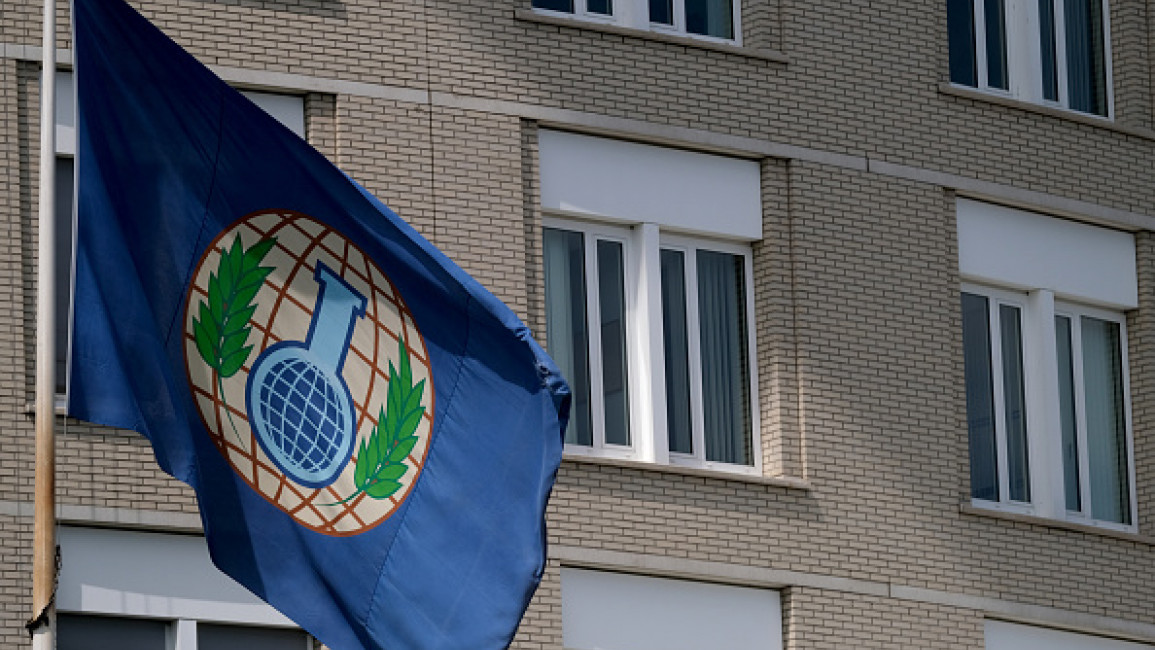Assad regime 'rejects' OPCW vote curbing chemical exports
The Assad regime on Sunday lambasted a decision by the world's chemical weapons watchdog to limit chemical exports to the war-torn country.
"Syria rejects the resolution that was adopted" at the annual meeting Thursday of the Organisation for the Prohibition of Chemical Weapons (OPCW), a regime statement said.
It slammed Western nations that put forward the resolution, saying the vote "reflects Western hatred towards developing countries".
On Thursday, a majority of OPCW member countries voted for "collective measures" to stop the transfer of certain chemicals and chemical-making technology to Syria.
It cited Syria's "continued possession and use of chemical weapons" and "its failures to submit an accurate and complete declaration and to destroy all its undeclared chemical weapons and production facilities".
Syria agreed in 2013 to join the world's chemicals watchdog following the chemical gas attack that killed more than 1,400 people in Ghouta near Damascus.
But the OPCW, based in The Hague, has since accused the Damascus of carrying out a series of chemical attacks during the civil war.
The Assad regime has denied the allegations, despite overwhelming evidence demonstrating its culpability for the attacks.
Syria's OPCW voting rights were suspended in 2021, an unprecedented rebuke, following poison gas attacks on civilians in 2017.
Damascus has also denied the accusations.
The Syrian civil war broke out in 2011 with the brutal repression of anti-government protests, escalating into an armed conflict.
The war has killed more than half a million people and displaced half of the country's pre-war population,



